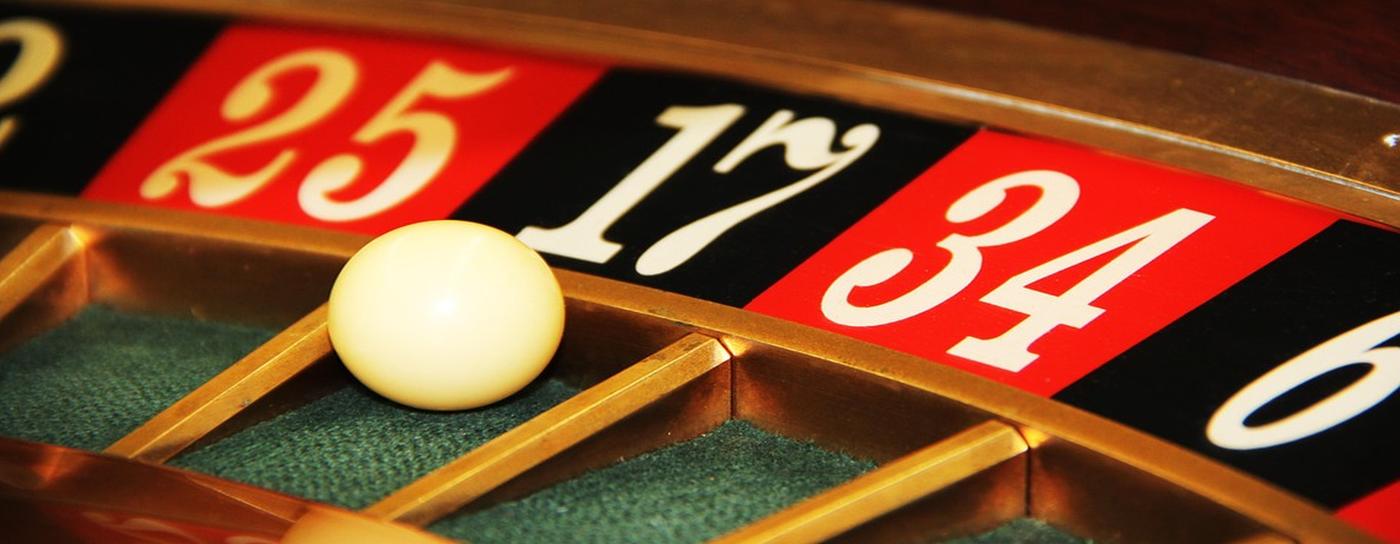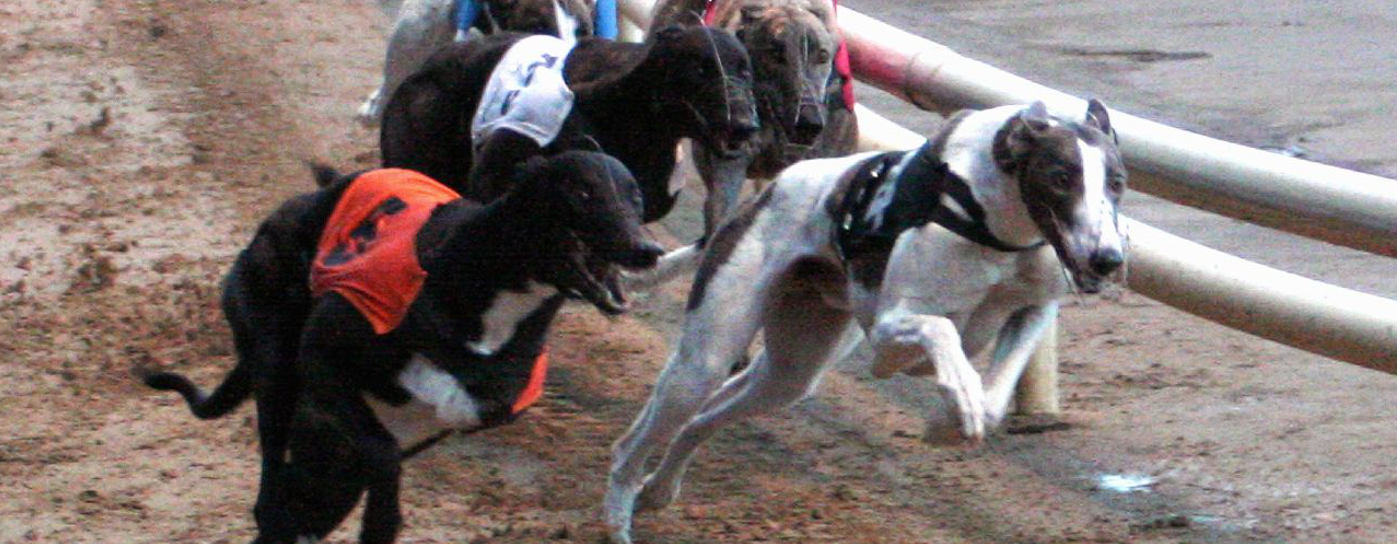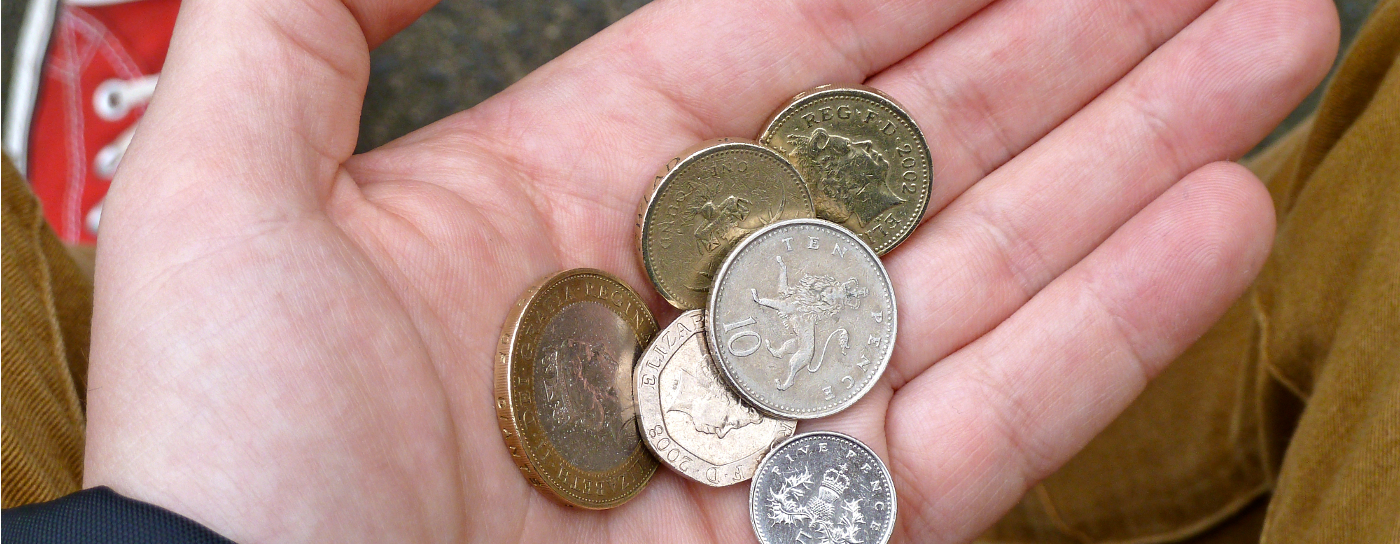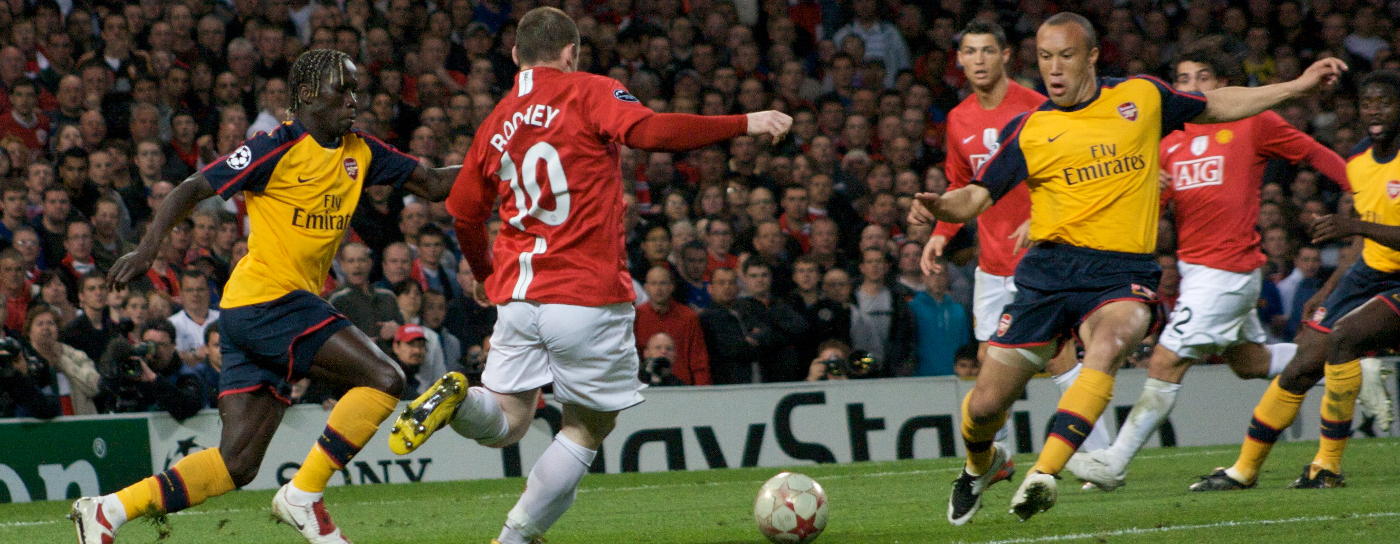Introduction
Gambling is legal in the United Kingdom (UK). It is regulated and the costs of this are not insignificant for the industry.
The UK tax income from the industry is estimated to be £2.6 billion. It is much more difficult to obtain a figure for the costs of the industry to the economy, society and families. A recent estimate for the costs of problem gambling, including the costs to public services was a minimum of £1.2 billion. This did not include direct family costs. Of course this latter figure can never accurately reflect the social and psychological trauma that individuals and families may incur. What we do know is that people and thus families lost £12.6 billion gambling in 2015.
The Gambling Commission, the major regulator, has admitted it is struggling to keep up with the changing gambling market, especially how the online gambling market should be regulated.
During 2016 and early 2017 there has been unprecedented media coverage about the industry. Nearly all of it has been negative, except in specialist media where there are obvious conflicts of interest. It is, therefore a good time to analyse what may be causing the industry to act as it does.
This review considers how ‘fair and open’ the present gambling market is and makes suggestions for the future.
Recent history
The Gambling Act 2005, mainly implemented in 2007, deregulated and thus radically changed the UK gambling market. As part of this Act (‘deal’), which did have many aims, there was one of helping UK based gambling companies to lead the world in legalised gambling. The gambling industry made a number of promises as part of the ‘deal’, of which, most have now been broken, e.g. not to move offshore. This type of behaviour should have raised ‘red-flags’ about the attitude of gambling companies towards fairness much quicker than it did. Eventually two major responses did occur; the point of consumption tax (remote gaming duty) and irrespective of where a gambling company is based, if they trade with UK based citizens, they have to be regulated by the UK Gambling Commission.
For the convenience of this review the types of gambling will be split into just two parts; sports betting, where in theory, there is a chance for a customer to win regularly based on skill and secondly, everything else, where despite the rapid development of e-sports most of the gambling turnover has come from fixed odds betting terminals, online casinos and bingo, i.e. games of pure chance, where the gambling company has a house ‘edge’ that guarantees a profit. The expansion of the second category and online gambling are arguably the two biggest changes in the gambling market over the last 10-15 years.
How online is affecting the present gambling market
Every business plan over the last decade for every major gambling company will have contained enthusiastic noises about expanding, “Our online turnover and market share.”
Every major bank will have been approached for funding to start a new gambling business based on online income projections. It’s possible to set up an online gambling company at less cost than buying a main ‘pitch’ in the betting ring at Cheltenham racecourse, for which the former provides you with access to the world as opposed to a few days racing every year: What’s not to like? What’s not to like is the internet, as it is a fiercely competitive place to do business unless you have a unique business ‘edge’.
Gambling companies who trade online have only one serious ‘edge’ and that is value. Gambling is a harsh business for all concerned; customer and service provider alike and online this is even more so.
A gambling company takes the products of another company or organisation and let’s people gamble on those products. These gambling companies create nothing; their business model ‘piggy backs’ on what others do, so the costs for gambling companies have increased rapidly if they offer live sports betting opportunities, as opposed to cartoon sport or gaming products. This has happened, because sporting bodies are now much better at obtaining a fair licensing price for their product; quite right too.
Furthermore gambling companies have to think about access to information that the internet creates. Let’s forget about the customer at this point despite all the information benefits the internet provides to them and think about the companies. Company A, can easily see what odds companies B, C, and D are offering on a football match between Manchester United (MU) and Liverpool. Unsurprisingly, companies reduce their odds to compete with other odds they can see online until the market arrives at something like MU 7-4, Liverpool 2-1 and the draw 85-40 (a 101% book). Then along comes company E who offer a no risk in-play bet up to a maximum of £50.00 if you place a pre-match bet.
Horse racing is no better. It’s common to see races with over-rounds of 101-103% at 10.00am every day. You then add in best odds guaranteed as a promotion and money back if your horse falls or comes second to the SP favourite and the value for the customer is fantastic and a nightmare for the companies. Quite simply, the online market is broken and has no value for the companies.
At this point a paragraph should be dedicated to the betting exchanges. It can be kept short, as there is nothing more to say, except that they are a nightmare for traditional bookmakers; end off. This opinion is probably proven correct by traditional bookmakers paying tens of millions for the two biggest betting exchanges; namely Betfair and Betdaq.
Initially the internet looked fantastic for the companies; 24/7 potential to trade with losing customers at little cost; a wide range of gambling products most with a guaranteed profit; rapid-fire gambling with no thought, often leading to customers chasing their losses; gambling in pubs on ‘Smartphones’ and gambling when drunk. You can see why the company executives and the banks fell for this story of online gambling being plated in gold. This story has been falling apart for a number of years.
Now it seems the internet is the ideal place for the gambler: Wrong, because of?
The present gambling market and company practices
The previous section outlines the challenges the gambling market now presents for companies.
The sports betting market is a nightmare. How do you make a profit, with all the associated business costs, when the market for each event is so competitive?
- Quite legitimately companies promote poor value products, e.g. accumulators, other multi-bets, in-play, cash out, etc. This will keep the companies and most customers happy. The customer often does not know they are using poor value products and they are happy with the dream of a bigger win and the chance to guarantee their profit (cash out); assuming it has not disappeared as an option, as it often does. The companies are also happier with this, because they have a much higher chance of making a profit from sports betting.
- Quite legitimately companies try to migrate customers to products that guarantee profits, e.g. fixed odds betting terminals, online casinos and bingo.
- Quite illegitimately companies use ‘sharp practices’ to improve their chances of profitability.
Sections a) and b) are the expertise of the gambling companies, so this author will leave those to them and concentrate on section c), which explains candidly why the present gambling market is not ‘fair and open’. Let’s begin by posing some questions.
- When a customer opens an online gambling account does the customer expect to trade using clear, fair terms and conditions that can’t be held against him/her?
- When a customer opens an online gambling account does the customer hope to win money, however difficult that may be?
- When a customer opens an online gambling account does the customer expect to receive their winnings, if they ever have any, quickly and without hassle?
The answer to all these three questions is yes, whereas, in fact, the modern reality of these questions is often the opposite. How can this be right? This industry claims to be highly regulated, when in truth, most if not all companies are getting away with ‘sharp practice’ on a daily basis.
In the case of question 1 (When a customer opens an online gambling account does the customer expect to trade using clear, fair terms and conditions that can’t be held against him/her?), it is now common knowledge that the UK’s ‘Competition and Markets Authority’ (CMA) is investigating the terms and conditions used by online gambling companies. Of course, we don’t know the outcome yet and the trade organisations claim there is little wrong, but do we really imagine the CMA would have embarked on this investigation if they believed little was wrong? If you’ve studied consumer law for over one week you will realise that quite a number of terms and conditions used by gambling companies are
blatantly unfair. The most disappointing aspect is that it took so long for the investigation to happen.
The injustices of the written word within the terms and conditions is compounded by how many gambling companies train their customer service staff, e.g. they train them to tell customers that the terms and conditions are not only fair, but that they cannot be challenged. This reflects very badly on the industry.
In the case of question 2 (When a customer opens an online gambling account does the customer hope to win money, however difficult that may be?), unless you use a betting exchange or trade with ‘BlackType’ you have no chance whatsoever of winning on a regular basis, however small your stakes. Using perfectly acceptable methods combined with highly dubious methods all other gambling companies licensed by the UK Gambling Commission quickly profile all new customers. If a customer is deemed to be using a betting approach that uses any form of logic their account will be closed or effectively closed through the use of stake factoring. In theory, it should not be difficult for a customer to turn a sports betting market with a small over-round from a losing one into a winning one, especially when you add-in all the promotional offers, so a significant number of customers have to be stopped from sports betting very, very quickly, if not immediately. How many new customers know this?
Most of the population would recognise that it is impossible for gambling companies to trade forever with winning professional gamblers, but do they realise that all gambling companies, except one and the betting exchanges, do not trade with anybody who might win (you don’t even have to win before the restrictions occur); probably not? This industry practice over the last decade has led to a ridiculous situation where gambling companies do not know who they are trading against. Mr Jones is actually Mrs Smith or Mr Clarke. Neither the customers nor the companies appear to be breaking any laws, but the behaviour by both parties, especially the companies is now unacceptable. Whilst not seeming to break any laws, although this is debatable, the companies are pushing every fair consumer practice to the limit.
In the case of question 3 (When a customer opens an online gambling account does the customer expect to receive their winnings, if they ever have any, quickly and without hassle?), the situation is a bit of a mess, especially in the gaming sector. Most sports betting customers get paid and quickly. It would be nice to think all winning sports bets were still honoured, but they aren’t. Some winning bets are not paid at all citing many different dubious reasons, plus some are paid after illegally deducting offers, e.g. Best odds guaranteed. However, in the main it does not seem to be a daily problem. More frequent, is where gambling companies invoke their social responsibility procedures, which often is a charade at a convenient point in time. ‘Justice for Punters’ has seen some shocking invasions of privacy, combined with refusal to pay winnings, without any sensible reasons been cited.
The sports betting sector is dwarfed by the gaming sector when considering the issue of not paying out. ‘Justice for Punters’ only has anecdotal evidence from numerous cases, but we now think there is an industry wide policy not to pay gamers straight away when they win significant amounts of money, as the delay gives the customer a chance to lose their said winnings. These delays can be weeks if not months. This is dressed-up as social responsibility, but why were the protocols not instigated when the same individuals were losing thousands of pounds? ‘Justice for Punters’ has also been told by an ex-director of a very large gambling company that it is industry wide policy to do what is explained here.
Conclusions
It is clear that the modern gambling market presents many challenges for all the parties concerned.
It is also clear that the market is not ‘fair and open’ primarily because the market has been ‘broken’ by company practices. The business plan being used by the vast majority of companies is one of ‘churning’ customers through offers and promotions, which make an already difficult sports betting market into a non-profitable market, unless all customers who have any betting ability are excluded and losing customers are encouraged to lose more on poor value or other types of guaranteed profit gambling products. Sadly, this encouragement to lose more does include people who lose everything.
Customers are presently being sold a gambling product that is very different to the reality. The customer is not allowed to win in the medium or long term. With some gambling companies medium term can be defined as over 1-3 sports bets. At the same time, whilst efforts are being made to improve social responsibility the companies are so reliant on their profits from big losing customers; it is inconceivable that the most effective social responsibility approaches will ever be put in place without appropriate penalties or regulation supported by statute.
Recommendations
- Use technology to improve social responsibility within the industry, thus reducing the impacts of ‘problem gambling’. Note: This technology already exists and is not expensive, e.g. online tracking software, CCTV in shops and finger-print recognition for fixed odds betting terminals.
- Work with the banking and finance sector to make it easy for people to block their debit and credit cards being used for gambling transactions.
- Redraft the guidelines on customer verification procedures to include a point where companies must state a specific legal reason, which could be challenged, why completion of the process is being delayed, e.g. unredacted bank statements or lawyer signed documents could not be asked for without a legal reason being cited. Secondly, provide rapid access to a third independent party if scans containing personal information are not deemed to be of satisfactory quality by companies. Note: This will stop the prevalent false claim that submitted scans are not clear and make companies state why there is a need for more proof of identity. Any costs incurred should be covered by companies unless the customer is proven to be acting illegally (illegally does not mean in breach of T&Cs, because many are unfair).
- Restrict new account promotions to no more than £10 in value. Note: This will help to address problem gambling, the ‘churning’ of customers and the potential profitability of each customer. The latter example will also help create an ‘open and fair’ gambling market, because each customer will have a better chance of being profitable for the company.
- Promotions for those with an account must be available to all customers. Note: This will decrease massively the number of promotions offered thus helping to address the potential profitability of each individual sports betting market and the associated benefits to an ‘open and fair’ gambling market this will bring.
- Introduce a minimum liability (bet) rule for sports betting. Note: This will solve 95% of the pay-out issues as gambling companies, in the main; will know who they are trading against. It will also mean the word gambling is interpreted as it is defined, i.e. that customers win or lose once again.
These recommendations do not address all of the challenges in the modern gambling market by any stretch of the imagination, but they will certainly provide a good platform for beginning to address some of the major problems. They are desperately needed, because as mentioned, the gambling market is ‘broken’, unfair and certainly not open. It is very unlikely progress will be made without a greater input from customers and more direct regulation. The present market, in part, reflects the inability of companies to trade fairly in a light touch regulatory environment.
NB: This review was written in preparation for the second meeting between ‘Justice for Punters’ and the UK’s Gambling Commission (GC) as part of the GC’s work on improving consumer communication and gambling experience.









